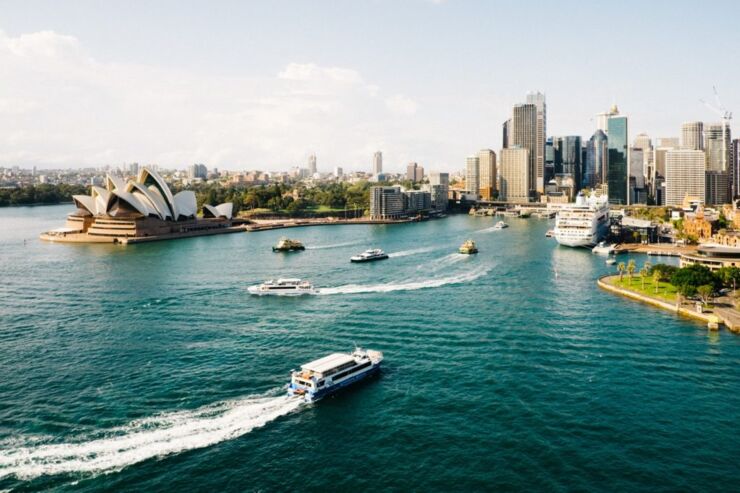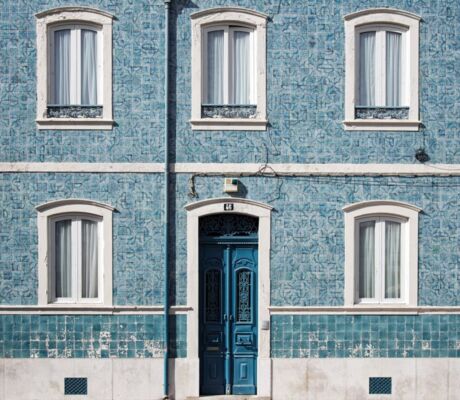It is safe to say that the mortgage market in Australia is well developed and liquid when it comes to Australian nationals. The situation is a little different for foreign nationals, whether resident or non-resident, looking to secure mortgage finance in Australia. Historic fraudulent activity and concerns regarding currency exchange rates have seen a number of financial institutions backing away from the foreign national mortgage market. However, there is still a degree of competition amongst lenders in this area offering the opportunity to secure competitive rates.
Unlike some countries around the world, there are no restrictions for foreign nationals, whether resident or non-resident, buying property in Australia. There are certain procedures which need to be followed but there are opportunities for foreign nationals to buy property in Australia.
Foreign national mortgage loans in Australia
The first thing to note about foreign nationals acquiring property in Australia is the need to seek approval from the Foreign Investment Review Board (FIRB). This is a body which has come under pressure of late with many Australian politicians blaming foreign investors for the rise in Australian house prices. Consequently, we have seen numerous research notes in recent times showing minimal impact on Australian house prices as a consequence of foreign investment.
While there is nothing stopping individuals approaching Australian banks offering foreign national mortgages, the use of mortgage brokers can often lead to more competitive rates. This is a specialised market and one where negotiation and long-term relationships can lead to reduced rates and greater flexibility.
Information required for an Australian mortgage loan
As with the vast majority of foreign national mortgages, the headline rates tend to be higher than domestic mortgages. A typical LTV ratio for a foreign national mortgage in Australia would be no higher than 70% with interest rates up to 8% per annum. Utilising our independent status, Enness have numerous contacts in the lending market which can both increase the maximum LTV ratio and reduce interest rates.
It is much easier to secure an Australian foreign national mortgage if you have a degree of your income in Australian dollars. The main reason for this is the different tax and legal situations in different countries not to mention fluctuating exchange rates. Just prior to the 2016 EU referendum in the UK, concerns regarding exchange rate fluctuations would likely have been far more limited than they are today. Since 2016 sterling has fallen by 20% against some of the leading currencies with Brexit uncertainty hitting confidence. However, there are still a number of banks who will consider mortgage finance for foreign nationals where the majority (or all) of their income originates from overseas.
The paperwork required when applying for a foreign national mortgage in Australia is as follows:-
• Copies of personal identification documents (such as a passport)
• Proof of legal residency in Australia
• Credit checks – bank statements, wage slips, tax returns and where possible a credit check
• Proof that the applicant qualifies under FIRB rules
• Affordability checks – cash flow statements, utility bills, bank statements and other relevant paperwork
As a general rule of thumb foreign national mortgage providers will take into account 80% of net income and 80% of rental income when considering affordability. There may also be further variation depending upon the currency in which the applicant’s main income stream is denominated. It is worth noting that nothing is set in stone with regards to worldwide income and this is where we can assist with our contacts and knowledge of the marketplace. Knowing what information a particular lender requires, the format and the timescale can be crucial to securing a positive outcome.
Upon receipt of the above documentation, assuming the application is within funding limits, you will likely receive a preapproval mortgage offer. This allows you to sort out any additional paperwork such as approval by the FIRB for investment in an Australian house as a foreign national.
Applying for a foreign national mortgage loan in Australia
The step-by-step process of applying for a foreign national mortgage in Australia is fairly straightforward. As we touched on above, many applicants decide to utilise the services of experienced mortgage brokers who have contacts in the market and are able to negotiate competitive rates. The step-by-step process is as follows:-
• Appoint a mortgage broker/approach lenders directly
• Check FIRB guidelines to see if you would qualify
• Research the foreign national mortgage market for the best deals
• Choose a lender that best suits your requirements
• Collate the relevant paperwork, present to the chosen lender and wait for preapproval of mortgage funding
• Finalise a property you are looking to buy and negotiate the best price
• Appoint a conveyancer who will assist with all legal aspects
• Pay your deposit and negotiate a completion date
• Make a formal FIRB application for approval to buy your Australian property
• Pay remaining funds, complete the sale and take ownership of the property
The vast majority of foreign national mortgages in Australia will be principle plus interest repayment although some lenders may provide interest only mortgages. Using the services of a mortgage broker opens the door to bespoke funding packages and also ensures there are no unpleasant surprise with regards to taxes and fees. Many foreign nationals automatically assume a like-for-like scenario regarding mortgages, fees and legal requirements between their homeland and Australia – this is not necessarily the case.
When securing a foreign national mortgage in Australia you can expect the following charges:-
• Legal fees
• Loan establishment fees
• FIRB approval fees
• Property inspection fees
• Stamp duty
• In some cases foreign citizens stamp duty
Using the services of a mortgage broker ensures that all fees are competitive and paid on time. Many have tried and failed miserably to negotiate their own foreign national mortgage prior to moving to Australia. There are obvious time difference issues not to mention the cost of converting funds into Australian dollars and any international transfer fees. It is also worth noting that mortgage funding limits may vary from state to state in Australia even though the overall system is controlled by the federal government.
As a consequence, mortgage brokers are now used to secure the vast majority of foreign national mortgage applications in Australia. Assistance from a party which has been there, done it and is well aware of the situation on the ground in Australia can be priceless.
Example case studies
While traditionally foreign national mortgages in Australia do not exceed 70% LTV ratio there are occasions where this can be extended to 80%. To give you an idea of the rates applicable to these variations, we have added two example case studies for your reference. Simply click on the case study headline below to see the detailed terms and rates.
• Foreign national Australian mortgage, maximum 70% LTV
• Foreign national Australian mortgage, maximum 80% LTV
If you would like to compare and contrast the rates available for your particular situation, please feel free to contact us.
Summary
Enness have strong contacts in the Australian mortgage industry with the opportunity to arrange large foreign national mortgages. There will still be a need to clarify income sources, assets and affordability going forward when looking to secure funding but we can walk you through the process. While some lenders have taken a step back from the foreign national mortgage sector, there are still traditional banks and private banks active in this area. If you are looking to secure Australian mortgage funding as a foreign national please contact us so that we can discuss your situation in more detail.





